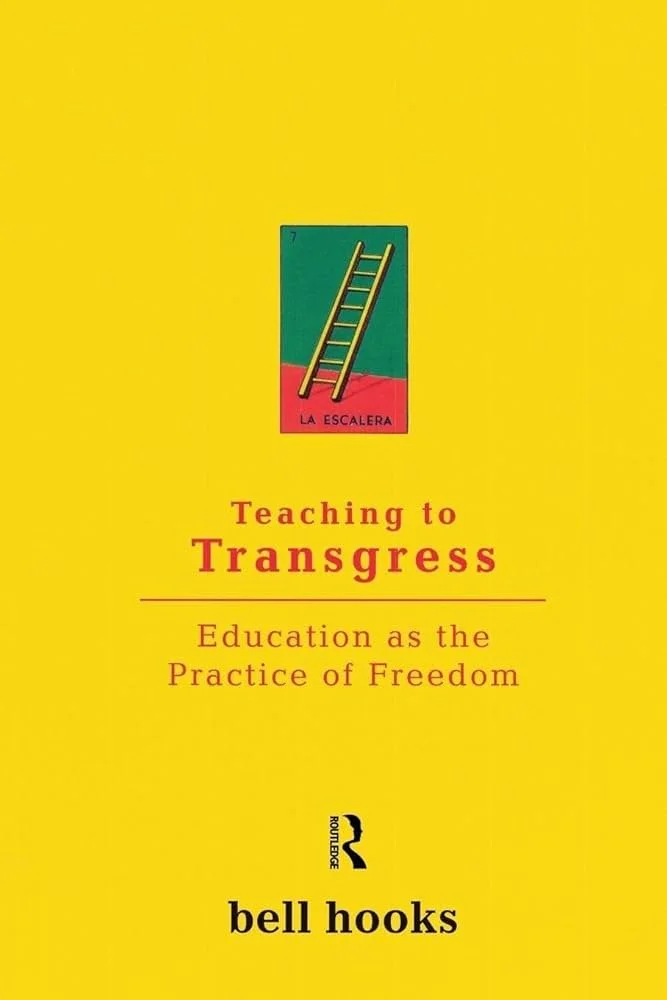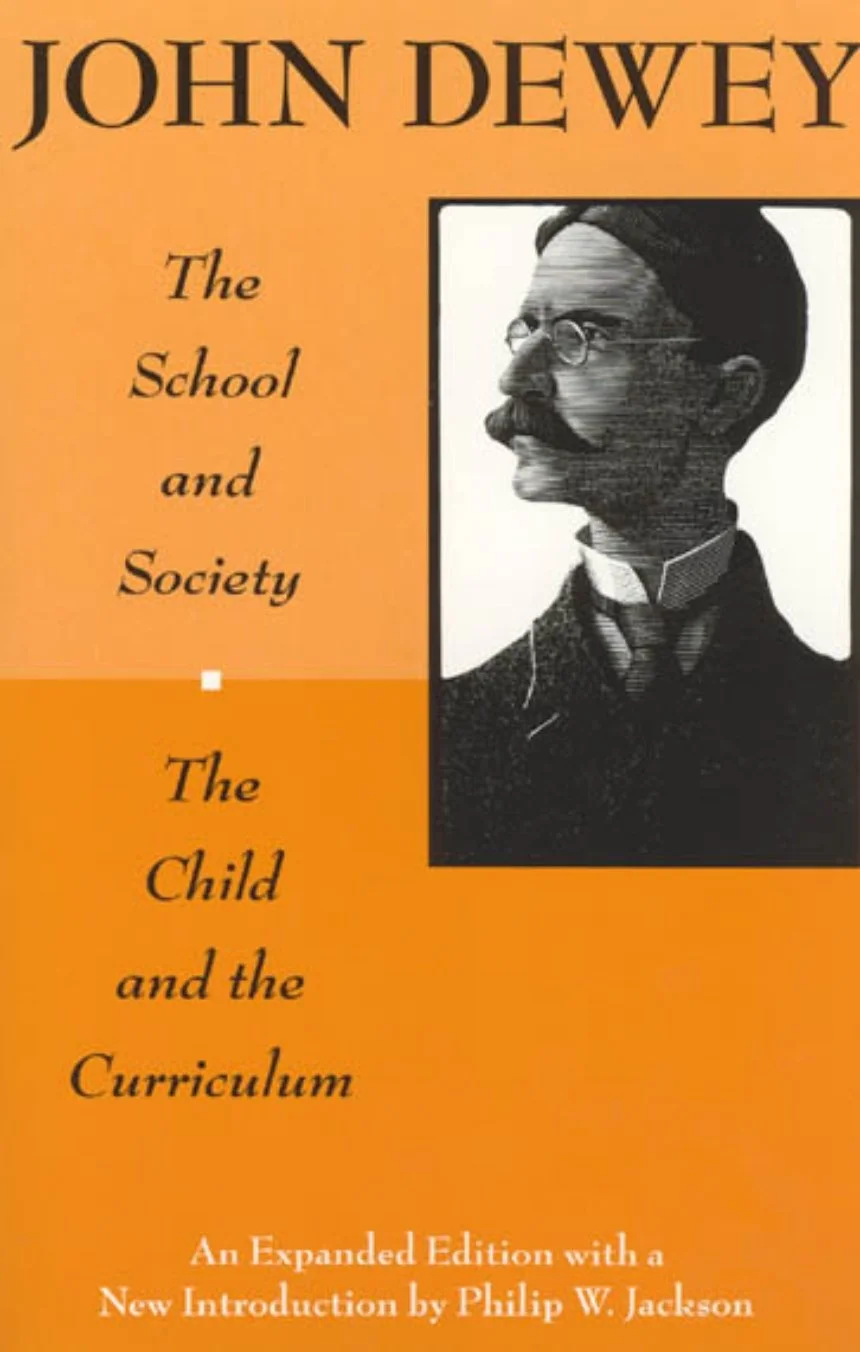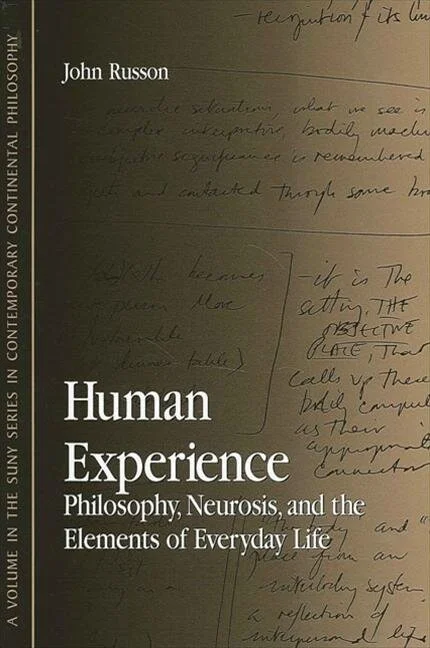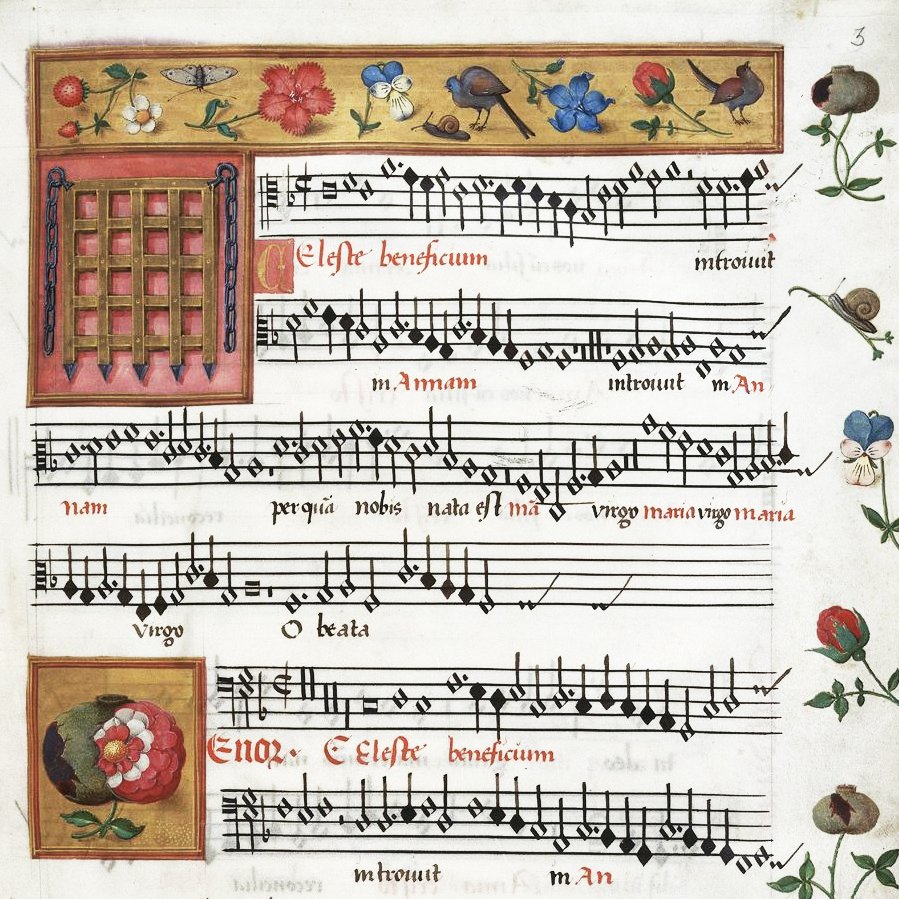WELCOME!
Teaching is a natural extension of my arts practice. Indeed, it's my belief that art, philosophy, therapy, and education are all varied, yet related, parts of what is fundamentally the same project. Thus, you will find many connections with the contents of this page (and its subpages) and my arts practice; its quite intentional that this Teaching site is built off my "main" Music page (there's a link to the latter at the bottom of this page). Below, you can find links to some of my (currently hypothetical) course offerings, as well as explore some authors and ideas that motivate and orient me as a pedagogue.
Here follows my teaching philosophy, or my Philosophy of Education. Here follows my teaching philosophy, or my Philosophy of Education. Here follows my teaching philosophy, or my Philosophy of Education. Here follows my teaching philosophy, or my Philosophy of Education. Here follows my teaching philosophy, or my Philosophy of Education. Here follows my teaching philosophy, or my Philosophy of Education. Here follows my teaching philosophy, or my Philosophy of Education. Here follows my teaching philosophy, or my Philosophy of Education. Here follows my teaching philosophy, or my Philosophy of Education. Here follows my teaching philosophy, or my Philosophy of Education. Here follows my teaching philosophy, or my Philosophy of Education. Here follows my teaching philosophy, or my Philosophy of Education. Here follows my teaching philosophy, or my Philosophy of Education. Here follows my teaching philosophy, or my Philosophy of Education. Here follows my teaching philosophy, or my Philosophy of Education. Here follows my teaching philosophy, or my Philosophy of Education. Here follows my teaching philosophy, or my Philosophy of Education.

Adorno’s Introduction to Dialectics tackles many intimidating and seemingly remote topics: the idea of truth, the possibility of knowledge, and the limits of objectivity. Despite being probably the easiest to read of all his works, this lecture series draws upon such difficult thinkers as Kant, Hegel, and Heidegger, among others. Ultimately, however, I found it a wonderful description of learning.
Knowledge, to Adorno, is fluid, to such an extent that, in his opinion, the only time we really know anything is in the moment when we realize that we don’t know something (which he calls a negative moment—negative as in “absence”). The negative moment, normally felt as a “contradiction,” is an embodied, experiential, and uncomfortable clue that something is wrong, missing, or not what it seems—a call to action, scholarship, and reflection. “Facts,” then, to the extent that they ever are, emerge from following the contradiction, and arise from a conditional, contingent constellation of social ideas at a given point in history. It is from this text that I became inspired by the notion of “constellative thinking.”
Another beautiful idea from this text: cutting off a “fact”—or, should we say, an “understanding”—from the intellectual and embodied journey through which the understanding is arrived at, is to strip the understanding off all its richness, value, and, more importantly, of whatever truth it holds. That is, the truth of an understanding or fact lies predominantly, if not entirely, in the journey one undertakes in reaching the understanding.

Your few sentences about how this book influenced your teaching philosophy. Your few sentences about how this book influenced your teaching philosophy. Your few sentences about how this book influenced your teaching philosophy. Your few sentences about how this book influenced your teaching philosophy. Your few sentences about how this book influenced your teaching philosophy. Your few sentences about how this book influenced your teaching philosophy.

Your few sentences about how this book influenced your teaching philosophy. Your few sentences about how this book influenced your teaching philosophy. Your few sentences about how this book influenced your teaching philosophy. Your few sentences about how this book influenced your teaching philosophy. Your few sentences about how this book influenced your teaching philosophy. Your few sentences about how this book influenced your teaching philosophy.

Your few sentences about how this book influenced your teaching philosophy. Your few sentences about how this book influenced your teaching philosophy. Your few sentences about how this book influenced your teaching philosophy. Your few sentences about how this book influenced your teaching philosophy. Your few sentences about how this book influenced your teaching philosophy. Your few sentences about how this book influenced your teaching philosophy.

Your few sentences about how this book influenced your teaching philosophy. Your few sentences about how this book influenced your teaching philosophy. Your few sentences about how this book influenced your teaching philosophy. Your few sentences about how this book influenced your teaching philosophy. Your few sentences about how this book influenced your teaching philosophy. Your few sentences about how this book influenced your teaching philosophy.

